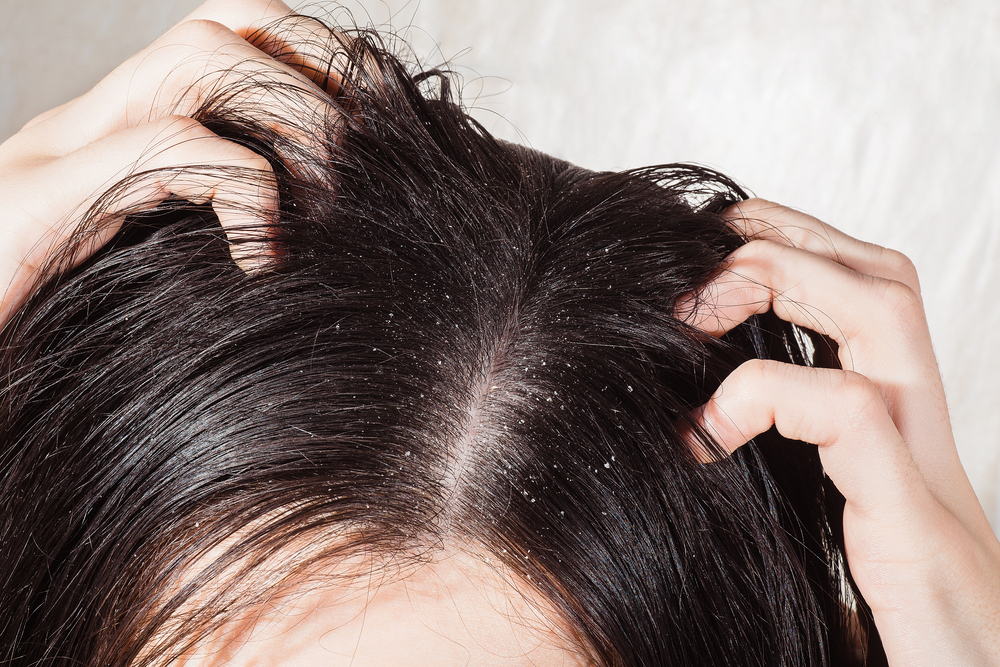If you can’t sleep even at the end of a long busy day, you could have insomnia. The sleep disorder can be classified based on the duration of the condition.
An adequate amount of sleep is essential for overall health, and those who report difficulty with sleep might have insomnia. The term insomnia is a medical term for sleep disorders in which an individual has trouble falling asleep, maintaining sleep, or waking up frequently during the night.
Insomnia may be a primary problem, or sometimes it may also be associated with other medical condition. Thyroid disorders, depression, arthritis, anxiety, and gastroesophageal reflux disease are among the conditions that trigger insomnia. In some cases, it is a response to stress or significant stressful situations that occur in life. Your sleep disorder may also be a side effect of a medication. Other possible causes include physical pain due to injury or illness, alcohol consumption, irregular sleeping pattern, or eating too much just before going to bed.
There are two types of insomnia, namely primary and secondary. Primary insomnia is not associated with an existing medical, psychiatric or environmental cause. On the other hand, secondary insomnia occurs when the symptoms of sleeplessness arise due to a medical condition or other sleep disorders. It may also occur due to drug abuse or exposure to certain substances. According to clinical data.
Insomnia also varies in how long it last and how frequently it occurs. The condition can be short term or long term, also known as acute and chronic insomnia, respectively. It can also come and go, means a person suffering from sleep disorder has no sleep problems with periods. If you have acute insomnia, then you may be having symptoms of sleeplessness from one night to a few weeks. Insomnia is called chronic when you have insomnia for at least three night a week for a month or longer. Insomnia can also be classified in other forms. Take a brief look below on all kinds of insomnia:
– Adjustment insomnia- This sleep disorder is also known as acute insomnia or short term insomnia. It usually arises in stressful situations and lasts for only a few days or weeks. The condition can affect people of all ages, but it is more likely to affect women and older adults as compared to men, younger adults and children.
– Behavioural insomnia of childhood- One of the common causes of a sleeping problem in children is behavioral insomnia. Data suggests that around 25 per cent of children will experience this sleep disorder at some points in their childhood. Children may suffer from this condition for various reasons, including difficulties related to their sleep pattern, or poor sleep habits. Behavioral insomnia is further divided into two categories:
1. Sleep-onset association – This type is typically diagnosed in infants and toddlers. The condition is usually the result of the negative association with sleep. Sleep onset association generally affect those children who need a parent or comfort item to sleep. If a child wakes during the middle of the night, they do not fall asleep with apparent or a comfort item. In some cases, sleep environment plays a role in a child’s ability to initiate sleep. The atmosphere of the room, such as lighting, temperature, and noises, should be according to your child’s interest. A poor sleep environment can make your child awake more reliant on comfort from a parent to fall asleep. However, in older adults, sleep onset is associated with items that prevent them from falling asleep. These items include smartphones, computers, video games, tablets, and laptops.
2. Limit-setting type – The type of insomnia occurs when your little munchkin refuses to sleep. These children refuse to go to bed on time, or make a request for one more story, or to go to the bathroom to delay bedtime. Varying bedtime can disrupt the quality of sleep of your kid. Lack of parent enforcement during bedtime may lead to this condition.
3. Idiopathic insomnia- The type of insomnia is chronic and is the result of the underactive sleep system. People struggling with idiopathic insomnia generally experience shorter sleeping time repeated waking, or difficulty falling asleep. The condition is lifelong and usually begins in childhood and continues to adulthood.
4. Insomnia due to a medical condition- Insomnia is often a symptom of a medical condition. It is more likely to affect older adults as with growing age; people tend to develop chronic health problems. Symptoms of Insomnia often result from a medical condition or mental disorder.
Sleep is essential to overall health and wellbeing. If you think you have insomnia, speak to your health care specialist for help. Doctors may help identify your type of insomnia and prescribe medications accordingly. In some cases, medications under the guidance of health care specialist can break the cycle of sleeplessness.
Also Read: Awesome Tips To Fall Asleep In 60 Seconds



